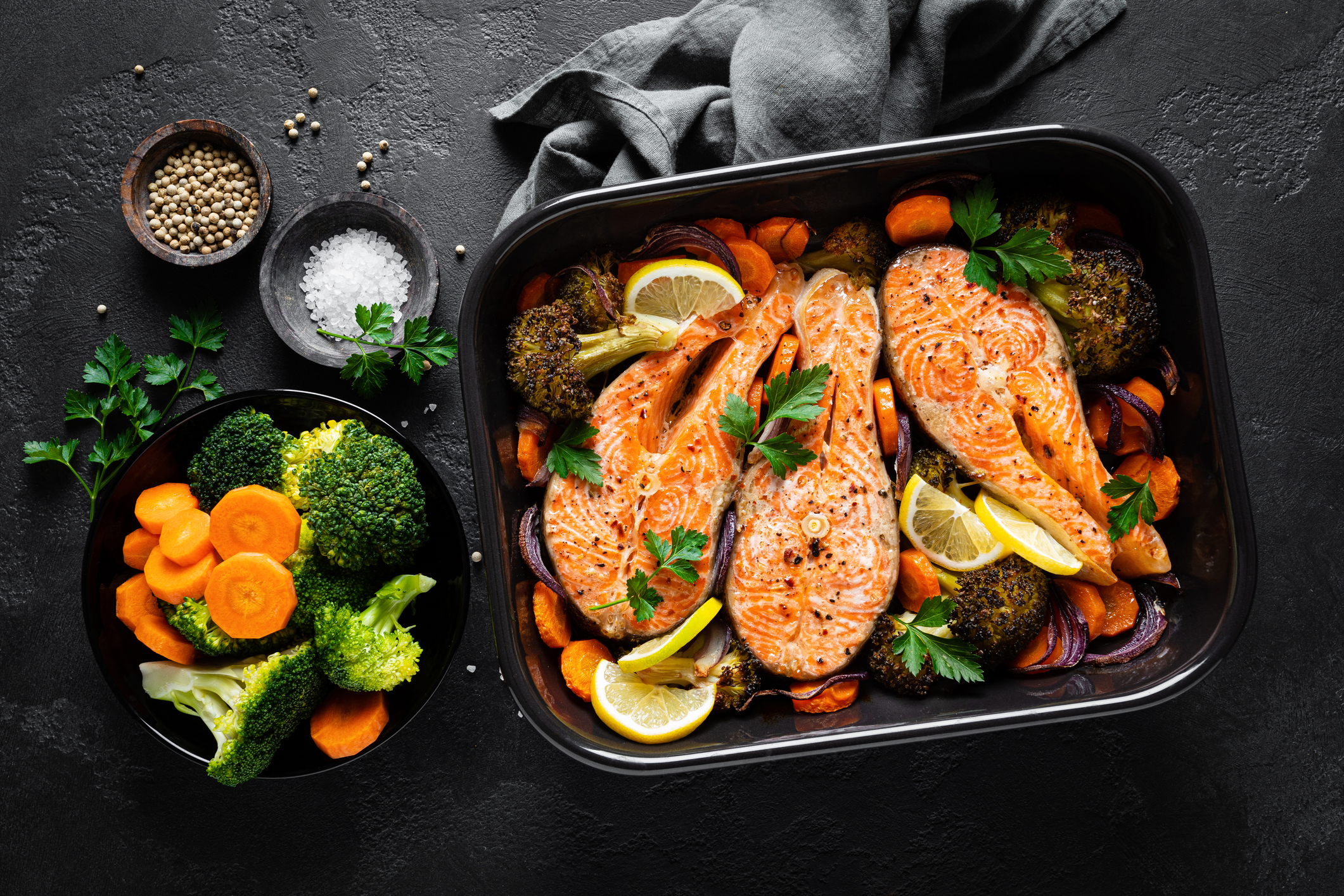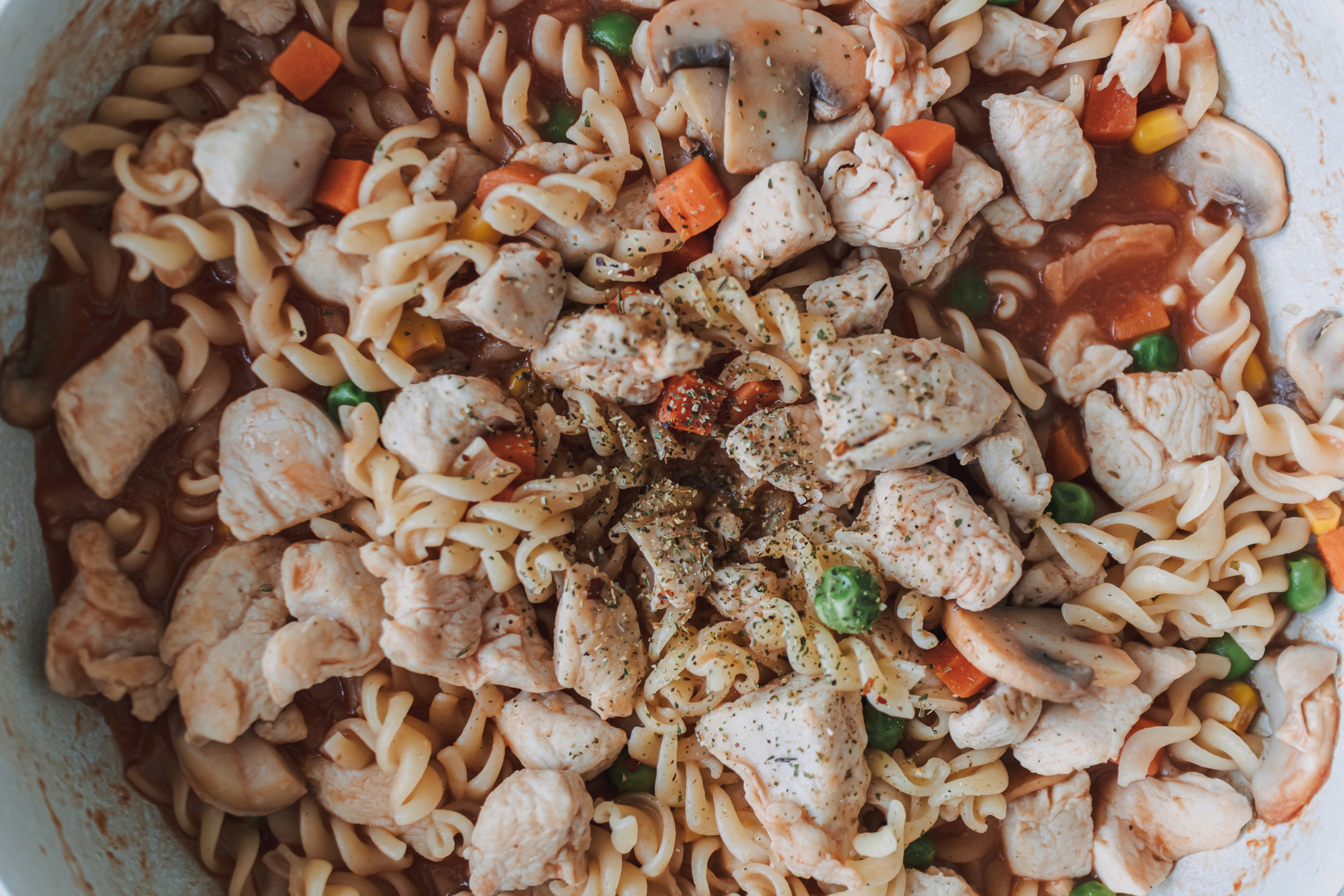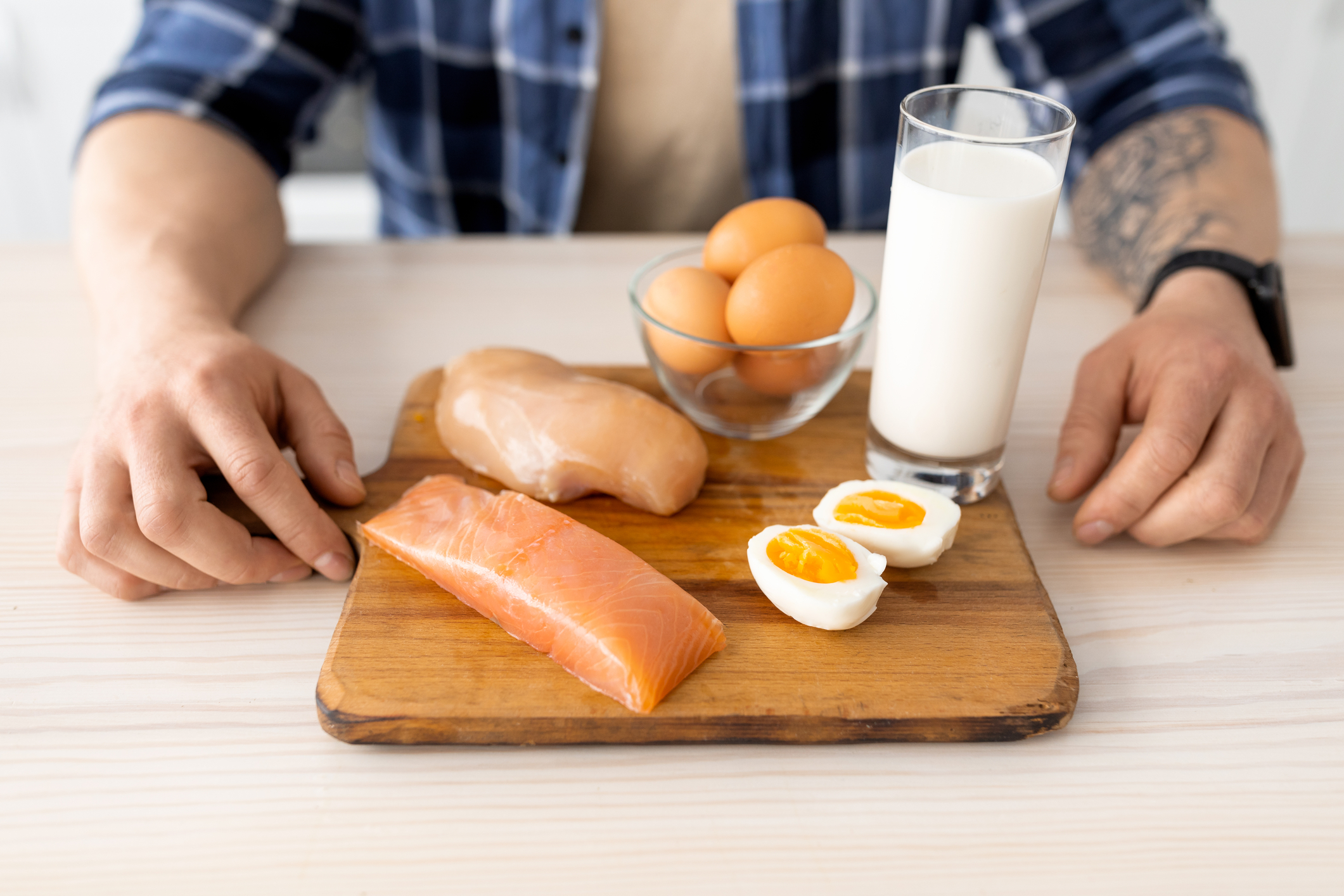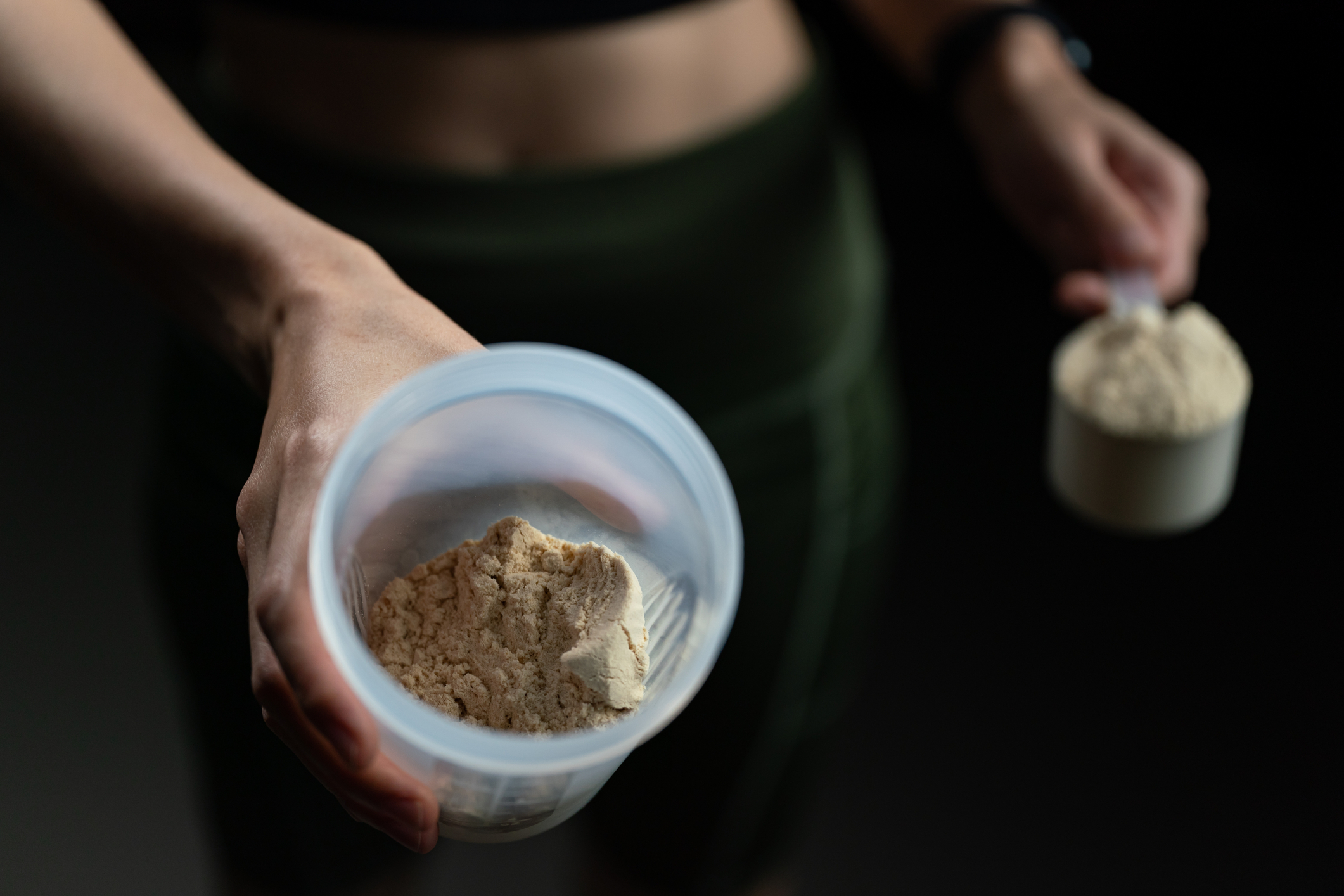Five Protein Powerhouses Transforming Your Dinner Table into a Fitness Feast
With its high fiber content, more protein than any other grain, and a perfect amino acid profile, quinoa is a powerhouse of nutrition. Its versatility allows it to be incorporated in various dishes, transforming your dinner table into a fitness feast. Used in salads, as a side dish, or as a base for main courses – quinoa is a game-changer in home nutrition. A single cup serving provides approximately 8 grams of protein, thus serving as a wonderful tool in muscle-building diets.
Salmon - Delicious Source of Lean Proteins

Known for its high-quality protein content and heart-friendly omega-3 fatty acids, salmon maximizes the nutritional value of your meals without sacrificing flavor. Cooked, broiled, grilled, or even raw in salads and sushi, salmon ensures your dishes are as delicious as they are beneficial for your health. Research indicates that consuming fatty fish like salmon can help lower the risks of heart disease, dementia, and certain types of cancer.
Lean Poultry - The Classic Protein Staple

Chicken and turkey continue to dominate the protein scene with skinless, lean poultry being one of the highest sources of protein. Chicken breasts can be served in multiple ways - grilled, sauteed, or in casseroles, ensuring every dinner can be a different gastronomic adventure. Regular intake contributes to heart health, weight management, and muscle growth and repair, making it a frequent feature in healthy meal plans.
Chickpeas - A Vegetarian's Protein Delight

Chickpeas, or garbanzo beans, are a versatile ingredient that adds a healthy dose of protein to any vegetarian or vegan dish. With their nutty taste and buttery texture, they can be a dominant feature in hummus, salads, or as a crunchy, roasted snack. One cup of chickpeas provides about 15 grams of protein, making them an excellent plant-based protein source to be included at the dinner table.
Greek Yogurt - Protein-Packed Start or Finish to Your Meal

Whether used as a starter, dessert, or as a base for sauces and dressings, Greek yogurt is an excellent source of gut-friendly probiotics and has double the protein content of regular yogurt. A 3/4 cup serving can contain up to 18 grams of protein. Incorporating Greek yogurt into your diet not only helps enhance the nutritional value of your meals but also aids in digestion and contributes to a healthy gut.
Whey Protein - More Than just a Supplement

Often regarded as a supplement, whey protein can be creatively incorporated into your meals to increase protein intake. Whey concentrates, or isolates, can be added into smoothies, used in baking, or stirred into porridges and savory sauces. Its high biological value and easy digestibility make it a convenient and effective option to optimize muscle repair and growth post-exercise.